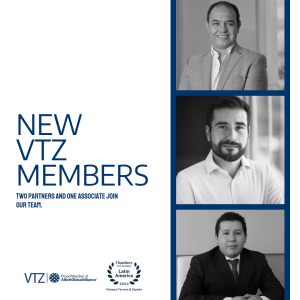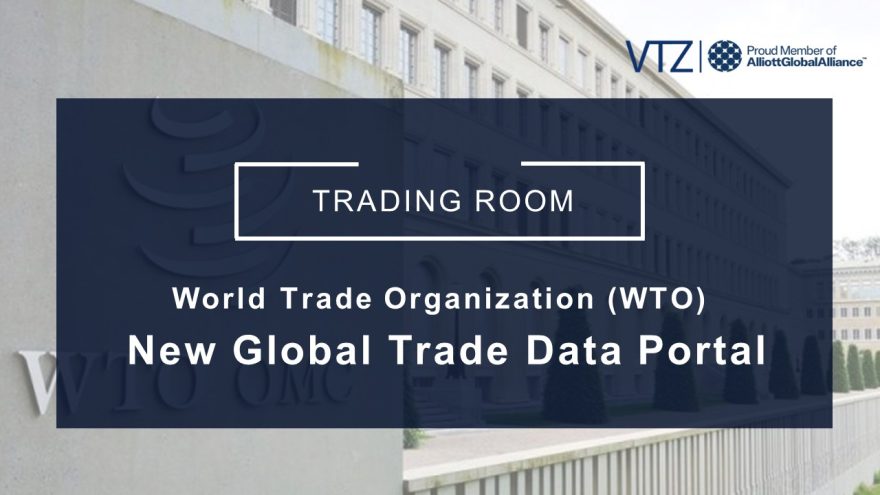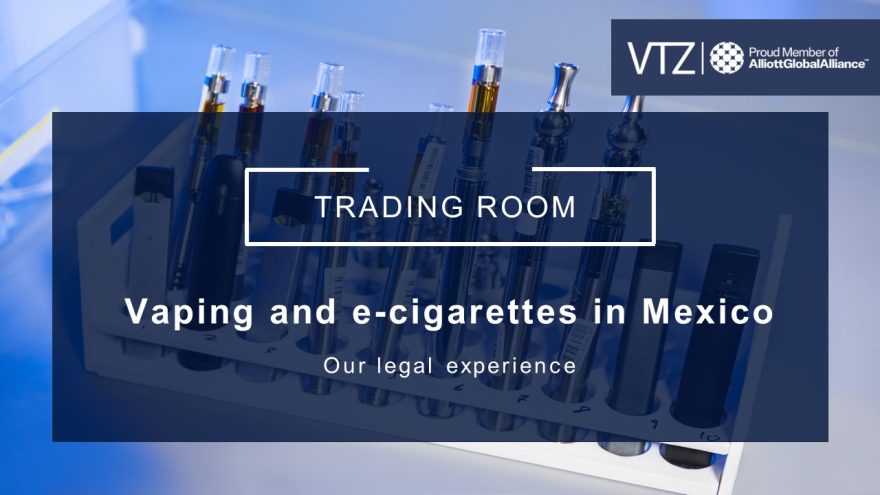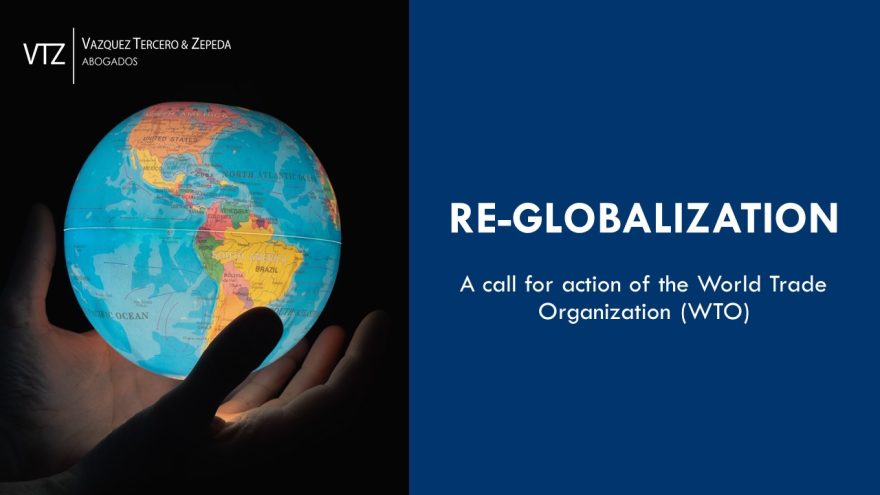Forced Labor Imports in Mexico
USTR to Develop Specific Trade Strategy to Combat Forced Labor
Forced labor imports is a priority policy in the US that was discussed on January 25, 2022, when the President’s Interinstitutional Task Force to Monitor and Combat Trafficking in Persons (PITF) met for the first time during Biden’s presidency.
Stemming from the meeting, Katherin Tai announced that the Office of the U.S. Trade Representative (USTR) will develop its first trade strategy focused on combating forced labor. Such a strategy will seek to protect workers from unfair competition and raise labour standards globally.
Also, the USTR emphasized that it will advance this goal by monitoring compliance of labor obligations established in free trade agreements. In fact, the USTR highlighted the prohibition on imported goods produced with forced labor embodied in the labor chapter of the USMCA.
The Need to Reform the International Trade Law to Combat Forced Labor Imports
In that sense, VTZ has reiterated that Mexico must begin to take action on the matter since this issue is clearly a priority for the USTR; in particular, legal tools must be designed to adopt measures against the imported goods produced with forced labor since there is a legal vacuum in Mexico’s trade laws.
Trade and Labor Context in Mexico
Since 2010, the US government has identified some Mexican products that have been produced using forced labor, such as tomatoes, chili peppers, chili, cucumbers, sugar cane, coffee, onions, green beans, eggplants, tobacco and melon, among others. In addition, Mexico entered –for the first time– in the list of the worst forms of child labor prepared by the Department de Trabajo (DOL) in 2020; and last year there were measures against tomatoes from certain producers stemming from allegations of forced labor. This was discussed in our international trade webinar about USMCA and Mexico.
In this regard, the Constitution prohibits forced labor and the Federal Criminal Code provides for punishment. Likewise, PROFEDET (the Attorney General of the Worker) carries out random labor inspection visits in workplaces that are likely to incur violations of labor law, such as forced labor.
Additionally, the DOL’s Office of International Labor Affairs (ILAB) works hand in hand with business partners to increase and strengthen labor protections through technical assistance, training projects, and research.
Effective Labor Enforcement in Mexico?
Despite the rights in our constitution and other measures, Mexico must take effective action to eradicate forced labor and to prevent the importation of goods produced with forced labor.
Finally, we also highlight that States that are pending to implement the labor reform regarding union and collective bargain agreements have requested an extension. These states are the most conflictive in collective labor law matters.
Sources: USTR, El Economista.
Plan to Reduce Trade Deficit To Be Presented
The government of President Andrés Manuel López Obrador (AMLO) seeks to deepen the relationship between Mexico and the United States. To this end, the Minister of Finance, Rogelio Ramírez de la O, announced that he will present a plan that will help reduce the trade deficit that the North American region has with Asia, and, at the same time, solve the problems regarding the supply chains as a result of Covid-19 pandemic.
Trade Deficit Mexico-China
For more information about Mexico’s Trade Deficit with China, see China’s Accession Request to CPTPP.
High-Level Economic Dialogue
Part of this strategy was proposed during the last High-Level Economic Dialogue between the United States, Mexico and Canada. During the dialogue it was proposed to bring to North America manufacturing plants that are currently located in Asia.
However, this phenomenon, known as nearshoring, would consist of bringing supply chains back to the North American region in order to reconfigure global supply chains to make them more resilient to global phenomena, such as COVID19.
In this way, the North American region would reduce its dependence on Asia for the supply of goods, manufacturing components and medical supplies. Likewise, the regional production capacity of semiconductors, automotive components, household appliances and electronics would be strengthened.
Nearshoring as a strategy to reduce trade deficit?
In this sense, Mexico is strategically positioned from a geographical point of view. This is because the country is next to the most important importer worldwide: the United States. In addition, it is important to note that the US for many years has been dependent on China; however, trade relations between the two countries during the presidency of Donald Trump were affected.
The USMCA aims to facilitate trade between our countries and the North American region in general; in addition, that relocation will bring supply chains closer together and help optimize production chains.
The Devil is in the Details of the Plan
However, we are puzzled about the Minister’s plan since it is not clear how Mexico will seek to reduce its trade deficit with Asian economies. Is the Government of Mexico planning to introduce tax incentives?
Sources: El Financiero, El Economista, Reuters
Invest In Mexico A Digital Platform Of The Ministry of Economy
Our Junior Partner Emilio Arteaga analyzed the new Invest in Mexico site of the Ministry of Economy. This new platform seeks to help foreign investors to invest in our country.

Emilio Arteaga
Jr .Partner

Itzel Praget
Associate
Need more information?
VTZ is a specialized firm in International Trade, with a team with extensive experience, contact us for more information.









